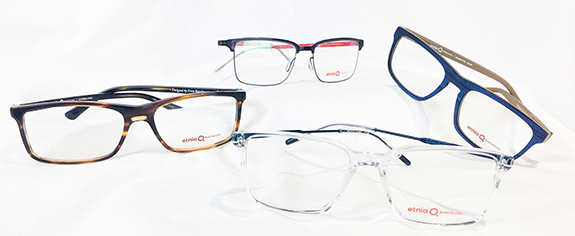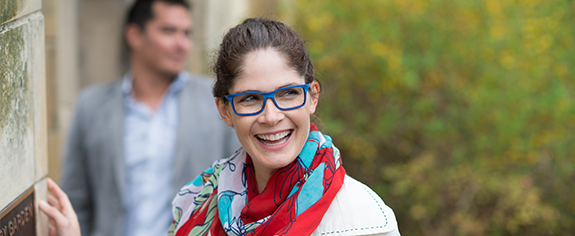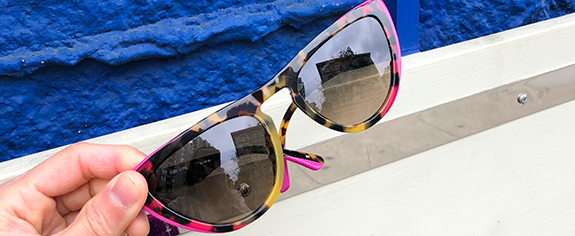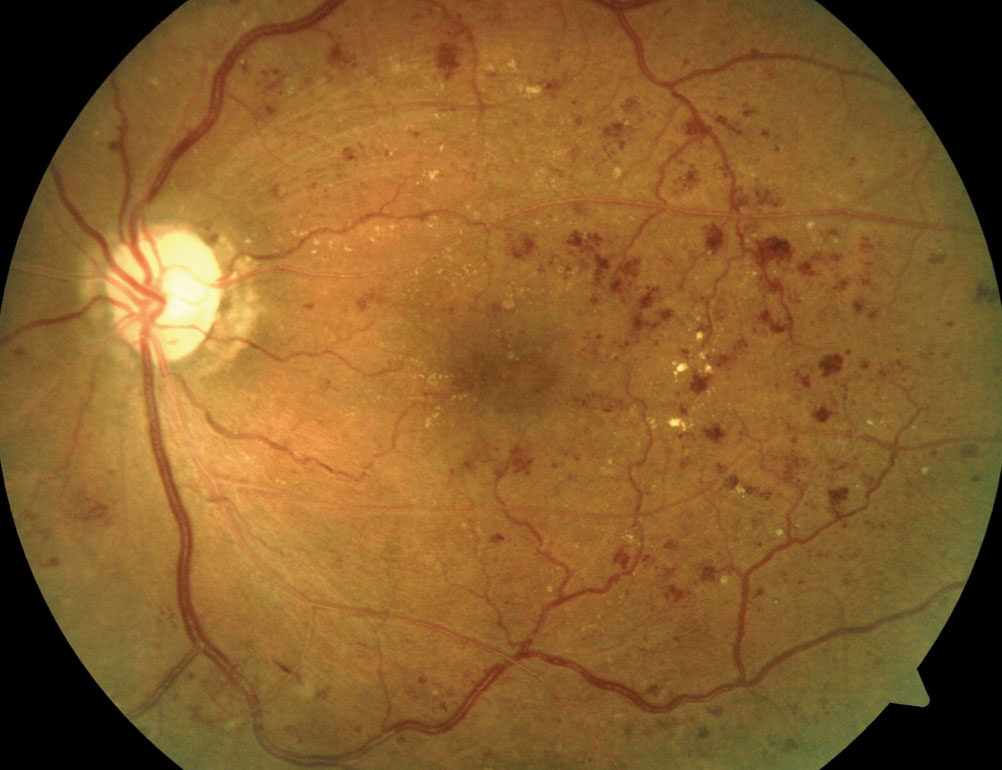
If you have been diagnosed with diabetes type 1 type 2 or prediabetes, it is essential and mandatory by most medical insurances to have a full diabetic eye exam.
What Is Diabetic Retinopathy?
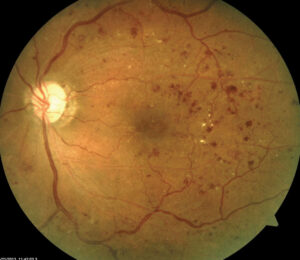 Diabetic retinopathy is commonly seen in diabetes and prediabetes. Diabetic retinopathy is a diabetes-related eye disease that occurs when high blood sugar damages the tiny blood vessels in the retina — the light-sensitive tissue at the back of your eye. These weakened vessels can leak fluid or blood, causing the retina to swell, affecting your vision.
Diabetic retinopathy is commonly seen in diabetes and prediabetes. Diabetic retinopathy is a diabetes-related eye disease that occurs when high blood sugar damages the tiny blood vessels in the retina — the light-sensitive tissue at the back of your eye. These weakened vessels can leak fluid or blood, causing the retina to swell, affecting your vision.
Over time, this damage may cause blurred vision, floaters, or even permanent vision loss if left untreated. The scary thing about diabetic retinopathy is there are rarely any symptoms.
How Optometrists Diagnose and Monitor Retinopathy
A diabetic eye exam is similar to a comprehensive eye exam except either dilation or seven fundus photos of different viewpoints of the retina are required. This ensures we can accurately assess how many bleeds are occurring and how many areas of the retinas are affected or at risk.
Only patients that have symptoms tend to have diabetic macular edema. Diabetic macular edema is leakage and swelling on the central vision.
All eye doctors rate the level of diabetic retinopathy and then rate any macular edema and report this information to the patient’s primary care physician and/or endocrinologist. If a high level of retinopathy is seen, optometrists follow up every six months, but if minimal or no retinopathy is seen we follow up annually.
The longer blood sugar is not controlled, the more likely we will see retinopathy. However, there are many diabetic patients that go against the trend. Meaning, people with low blood sugar and low A1C, can still have retinopathy. Also, people with extremely high blood sugar and A1C can have no retinopathy.
Why Diabetic Eye Exams Are So Important
Diabetes and prediabetes are becoming an increasingly large problem in the healthcare system. It is always recommended at all stages of life to see a primary care physician and get full blood work done once a year. This blood work will let you know if you have diabetes or prediabetes.
With diabetes, primary care doctors, endocrinologists, optometrists and dietitians work closely together to keep patients healthy. Don’t ever ignore high blood sugar and definitely do not ignore a high A1C.
Uncontrolled diabetic retinopathy commonly causes impaired vision and can cause permanent blindness. Keep Frisco seeing well and get your eyes checked.
Avant-Garde Optometry in Frisco, TX offers personalized diabetic eye exams and will work in collaboration with your health care team.































